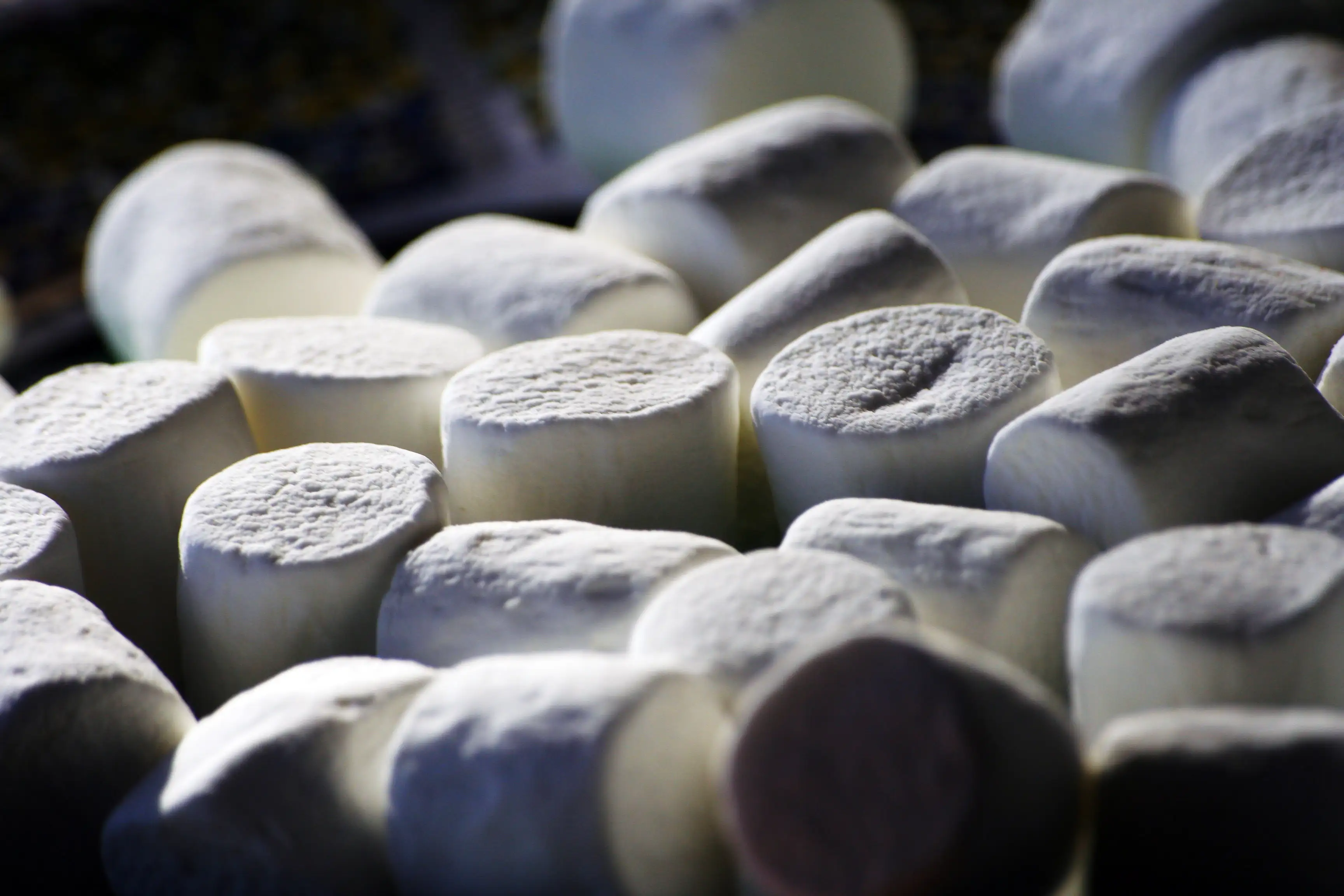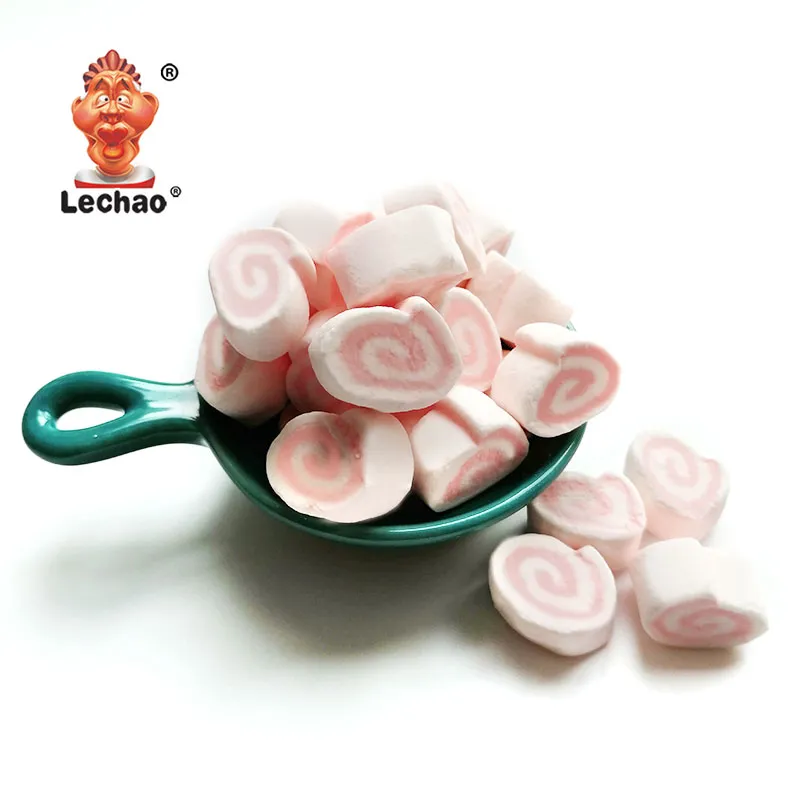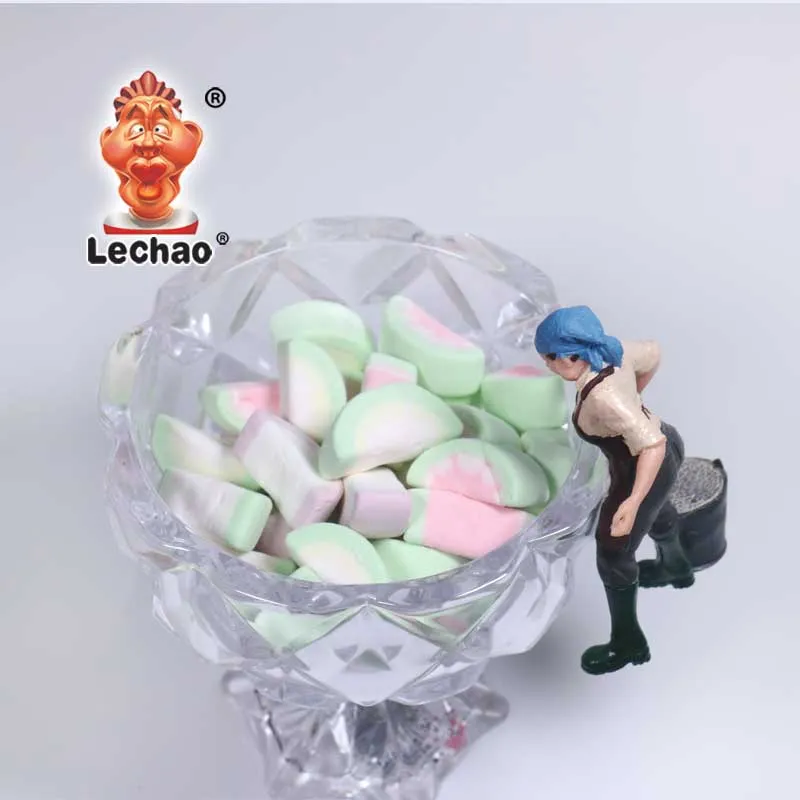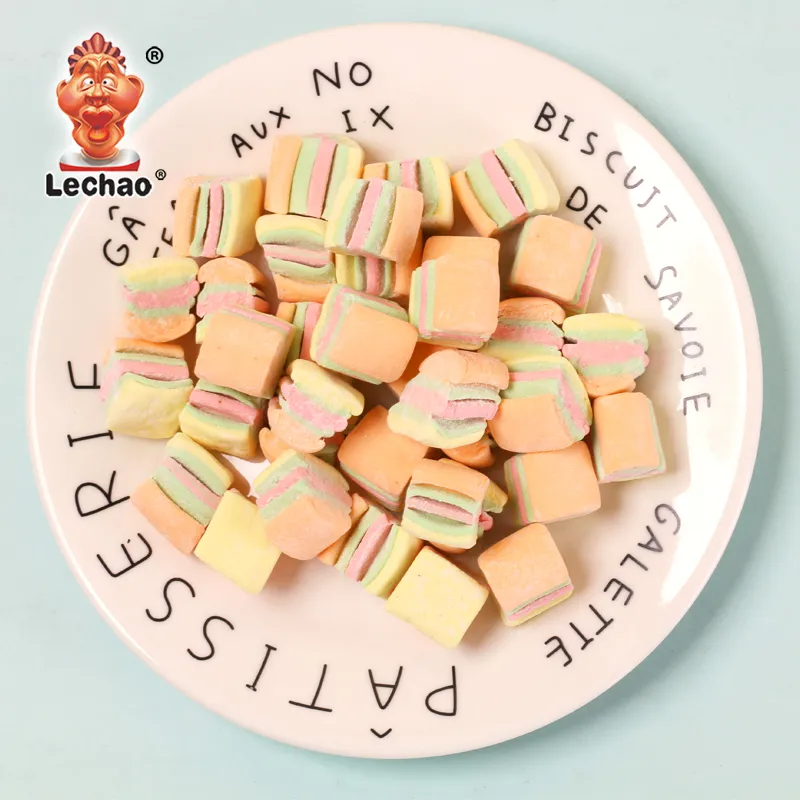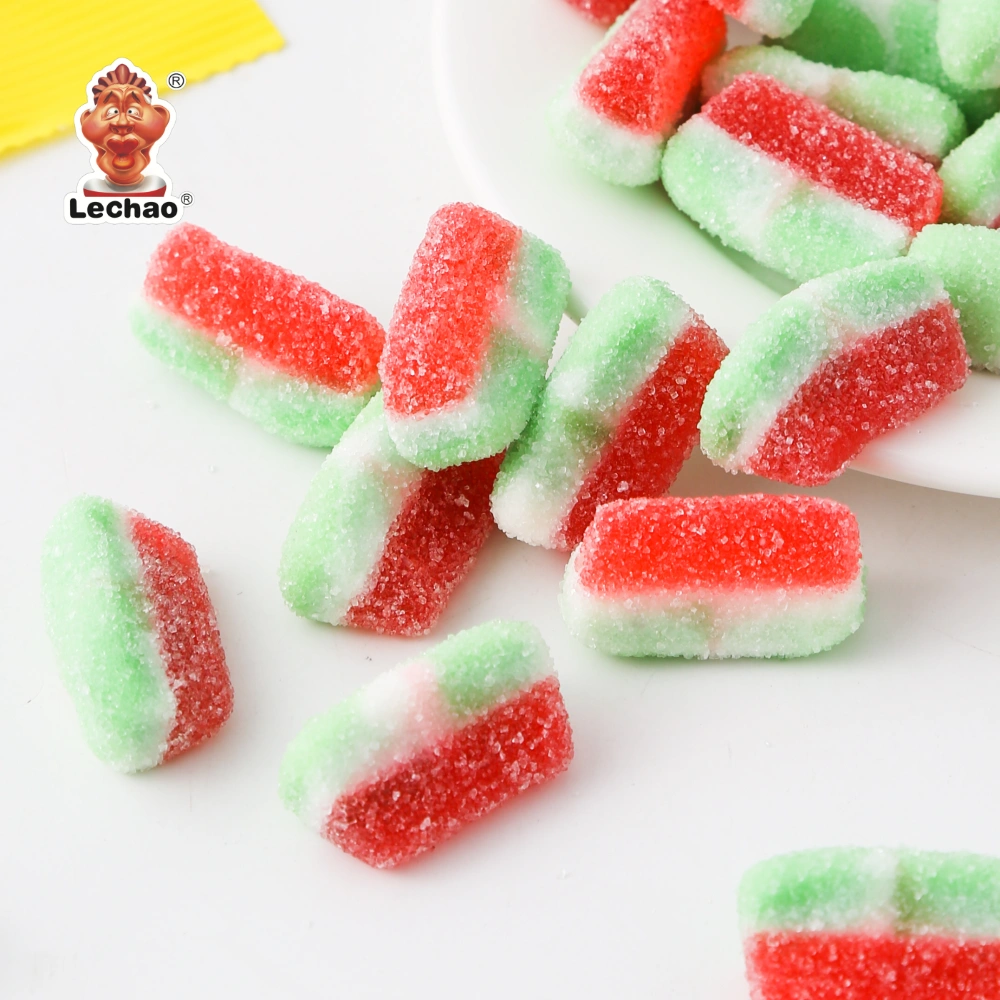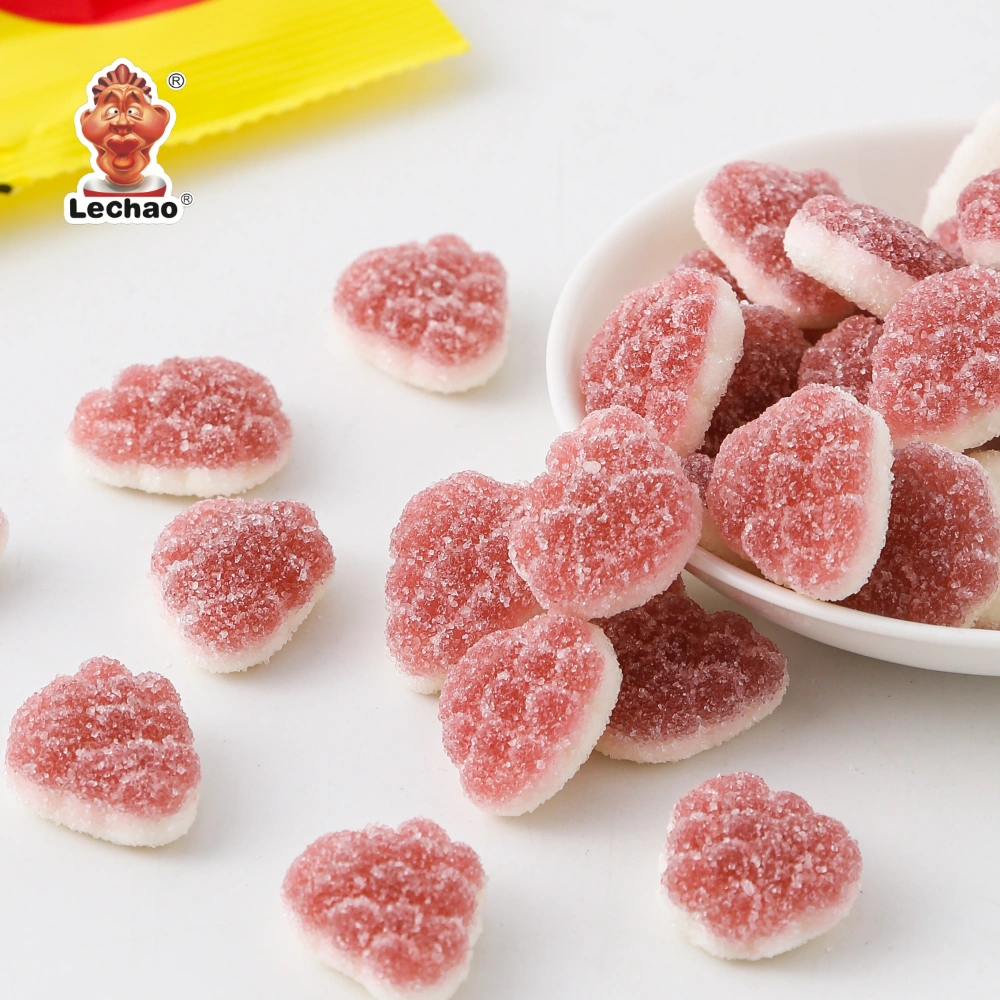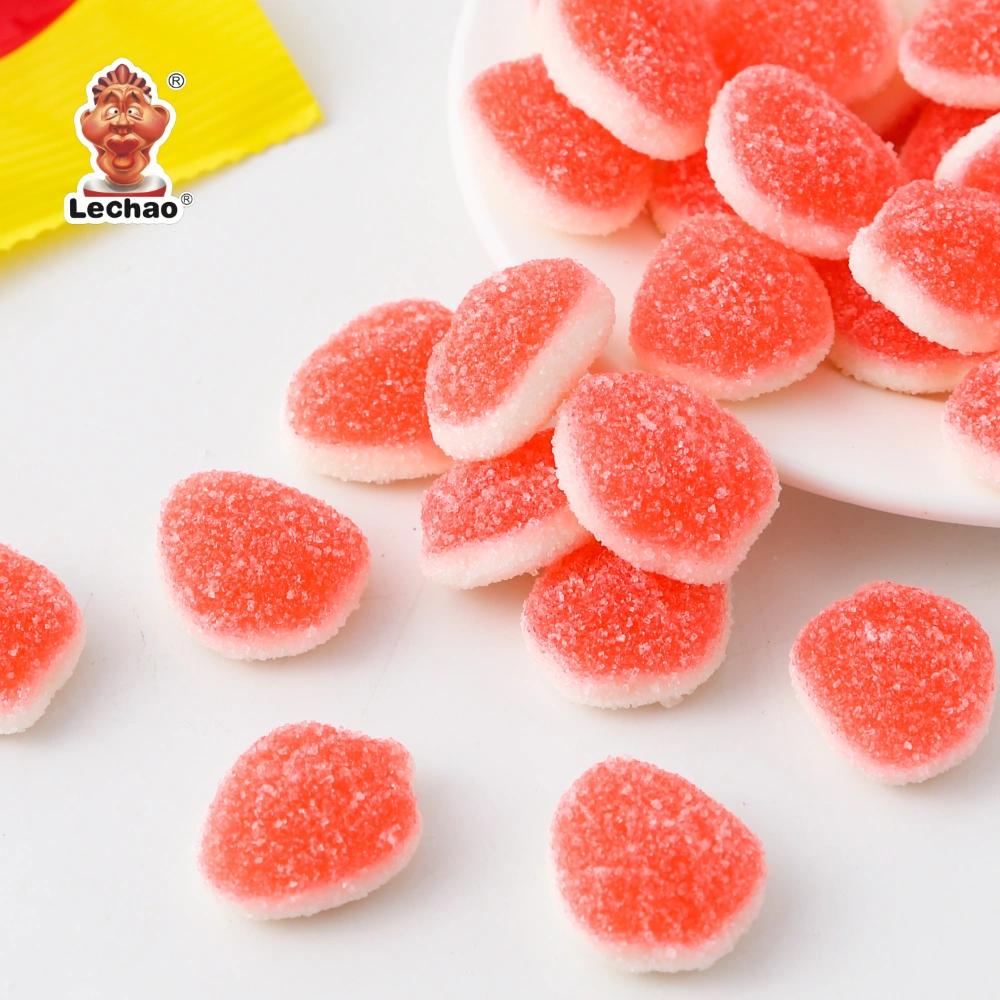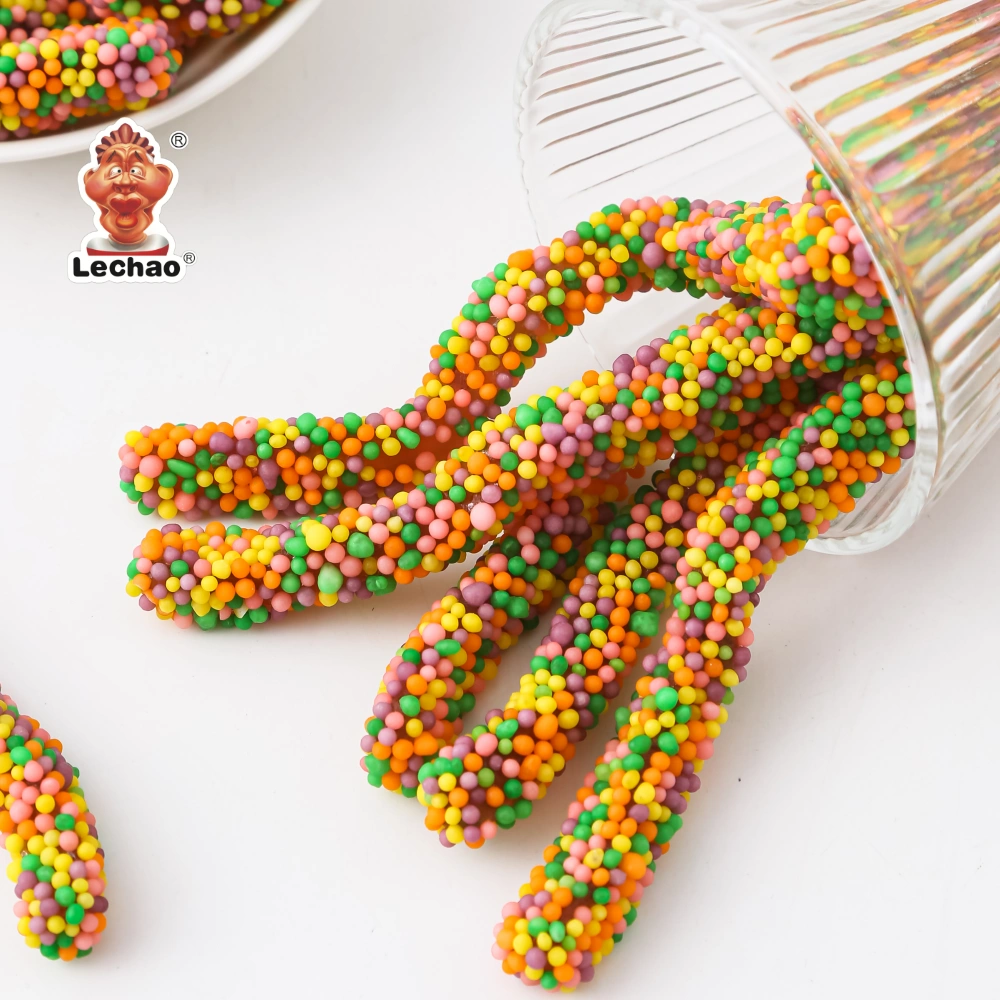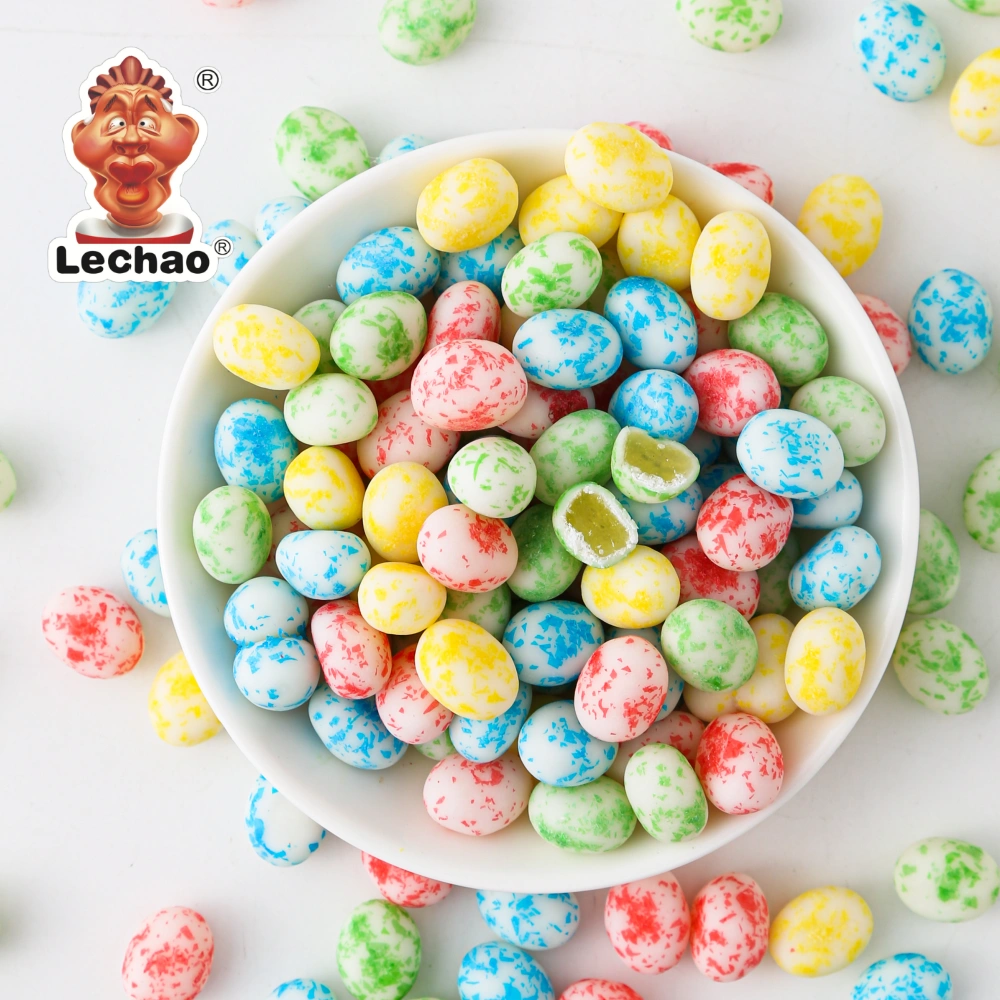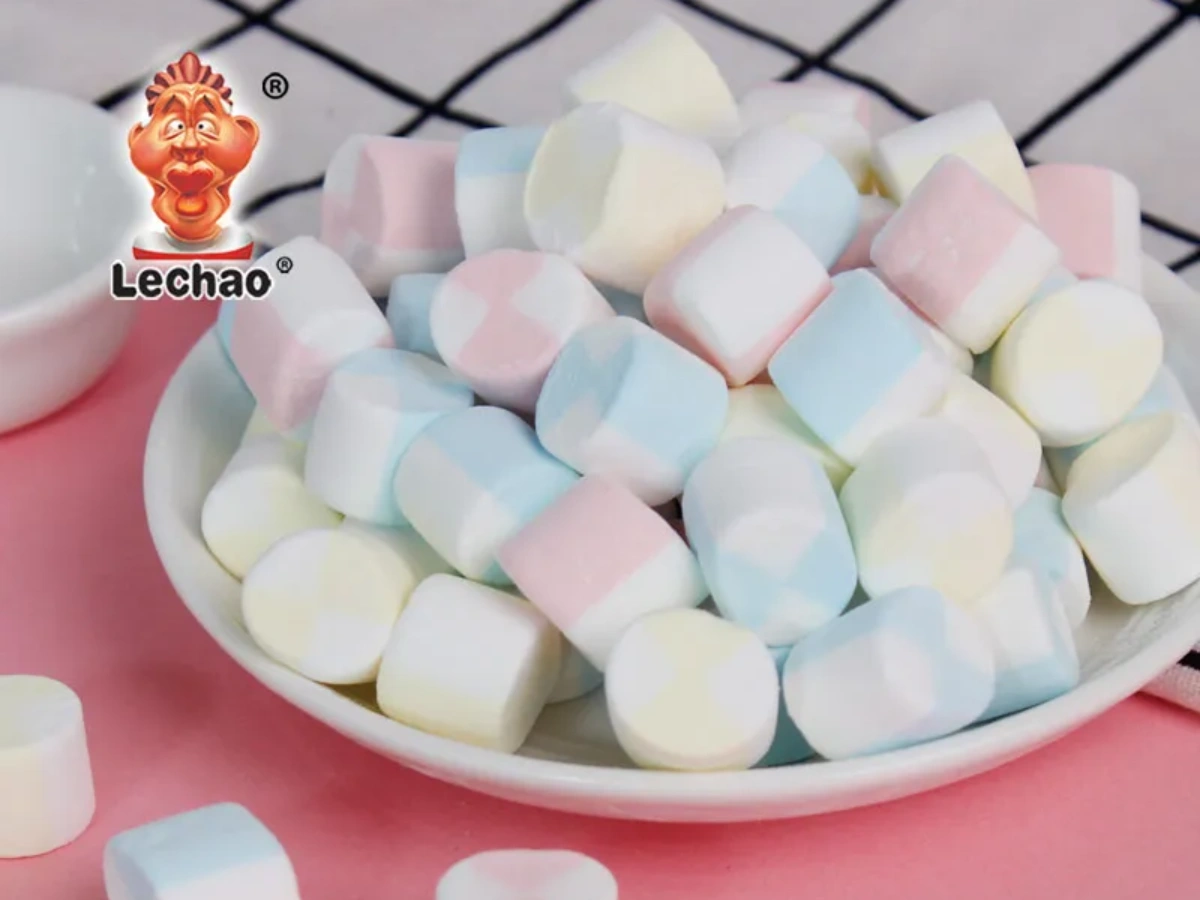
In modern diets, attention to special dietary needs is increasing. In individuals with dairy intolerance, veganism, or allergies, the composition of dairy has become a significant issue while selecting foods. Due to its popularity as a dessert, Marshmallow safety automatically attracts international attention.
Many people wonder: Are Marshmallows truly dairy-free? The answer is not absolute—traditional marshmallow recipes are generally dairy-free, but modern commercial products may contain added ingredients like whey protein, casein, or milk powder, making it crucial for consumers to carefully examine labels.
This article will look into the composition of marshmallows, potential hazards, buying tips, and substitutes to have informed choices while enjoying a sweet treat. As a consumer, foodservice operator, or health enthusiast, this article will provide you with a practical and holistic guide.
What are Marshmallows? The Evolution of Traditional and Modern Recipes
Marshmallows are a light, fluffy confection with ancient origins in Egypt, where people used the sap of the medicinal marsh mallow root mixed with honey. Modern marshmallows are made up primarily of gelatin (vegetable gum), sugar, water, and air, whipped into their lightness.
Marshmallows were originally dairy-free, with the basic ingredients being plant-based or animal-based gelatin, sugar, and flavorings. But with the development of the food industry, most manufacturers introduced dairy components to marshmallows for added taste, depth of flavor, or cost savings.
For example, some brands use whey protein as a stabilizer or add milk powder for additional depth of flavor. Furthermore, chocolate-covered or chocolate-filled marshmallows may contain milk solids or cream, further exacerbating the likelihood of dairy addition. Thus, plain marshmallows are dairy-free but others require special care.
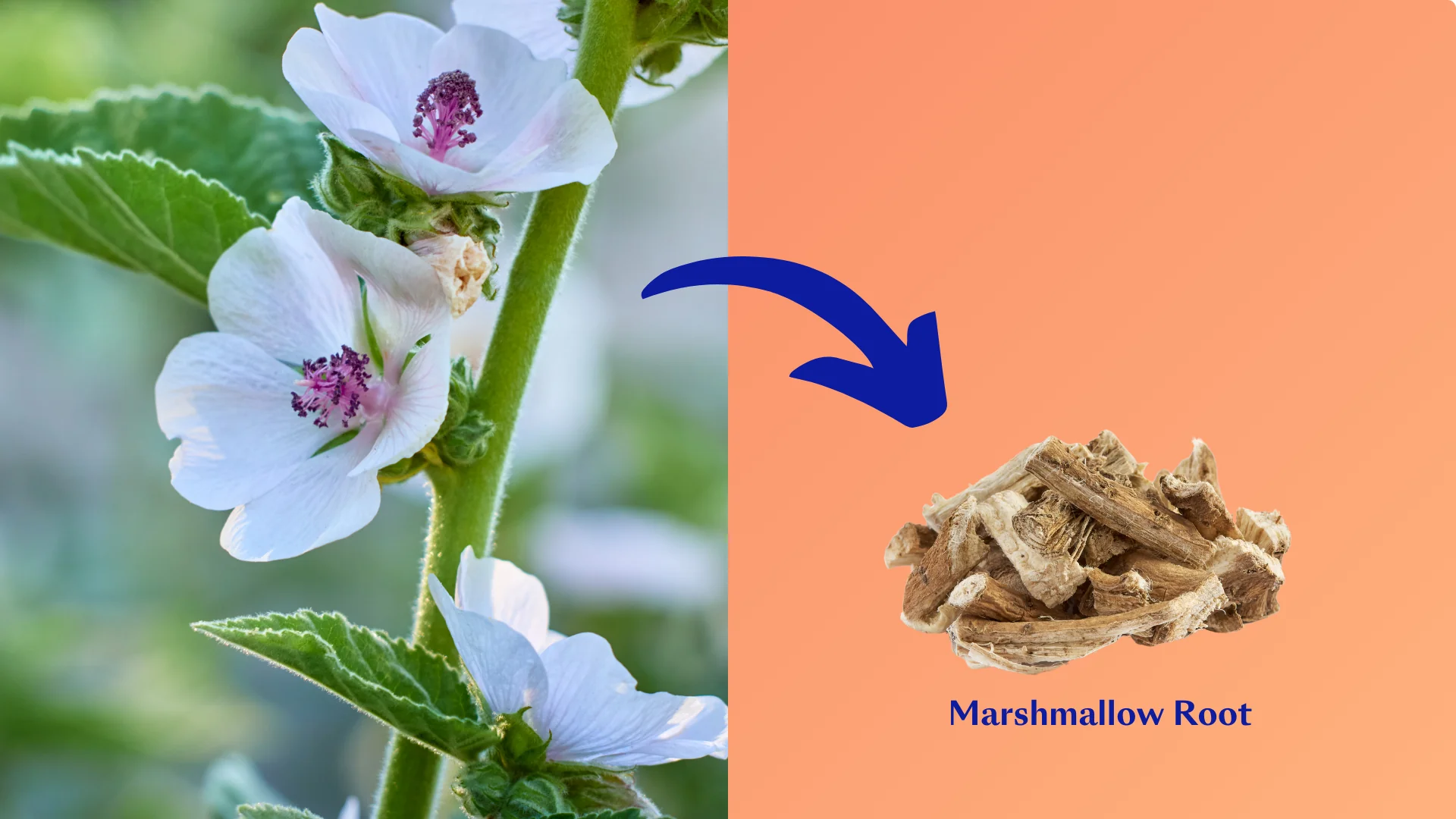
Why Might Some Marshmallows Contain Dairy?
As harmless as their simple base ingredients seem, mass-produced marshmallows contain dairy for the following reasons:
First, whey protein is a great foam stabilizer, which keeps marshmallows from becoming flat and extends shelf life, especially under humid conditions.
Second, the imperative for flavor innovation drives the utilization of dairy—for example, caramel, vanilla, or chocolate marshmallows may utilize milk powder or cream to contribute richness. Based on data, roughly 15-20% of commercially sold marshmallows contain ingredients derived from dairy, particularly those targeting children or gift markets.
Another often underappreciated one is cross-contamination: Although the formula itself may be dairy-free, it may have been produced on the same line as dairy-containing products (such as milk chocolate) and therefore includes traces of milk protein residue. This is enough to trigger a reaction in people who have very serious allergies. Thus, lactose intolerant or vegan consumers must read labels attentively and examine ingredients such as whey, casein, lactose, or milk solids. Steer clear of items not explicitly labeled “dairy-free” or “vegan” or asking the manufacturer directly about segregation techniques in production lines.
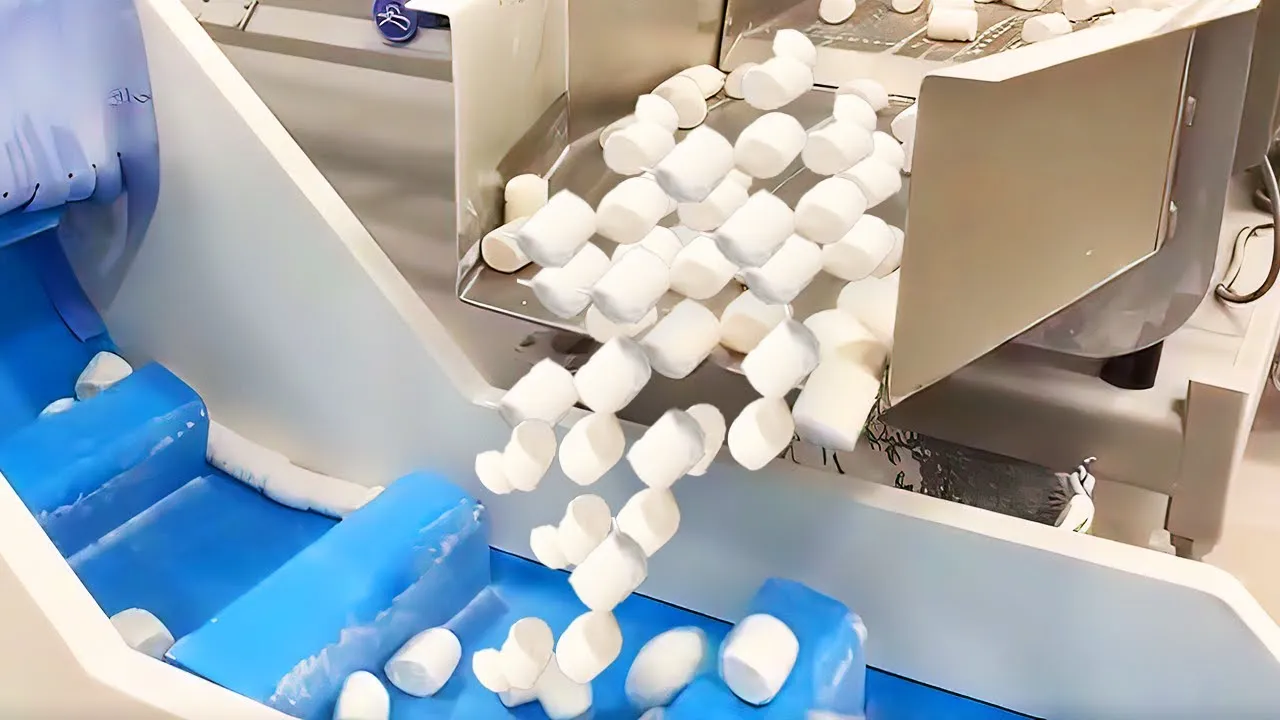
How to Identify and Choose Dairy-Free Marshmallows?
Label reading is crucial when purchasing dairy-free marshmallows.
The initial step is to examine the ingredient list: Genuine dairy-free foods typically contain only sugar, gelatin (or a vegetable gum like agar), cornstarch, and natural flavorings. Avoid dairy-specific words like milk, whey, or casein.
The second is to look for certification marks: Some brands label their products “Vegan,” “Dairy-Free,” or “Allergen-Free.” These are usually third-party certified and more reliable. As a case, the marshmallows of some of the best-known brands, Dandies and Trader Joe’s, both use plant-based glue instead of gelatin and are completely dairy-free, both of which are suitable for vegans and allergy patients.
The third action is to take into account the danger of cross-contamination: Even if the ingredients are dairy-free, if the product has “may contain milk” or “made on shared equipment” on the label, those with allergies need to exercise caution.
For wholesalers or catering customers, it’s best to communicate directly with the manufacturer regarding recipe details and production environments. Some marshmallow manufacturers offer completely dairy-free custom marshmallows and implement strict quality controls to ensure their production lines are dedicated to allergen-free products, meeting the diverse needs of global customers.
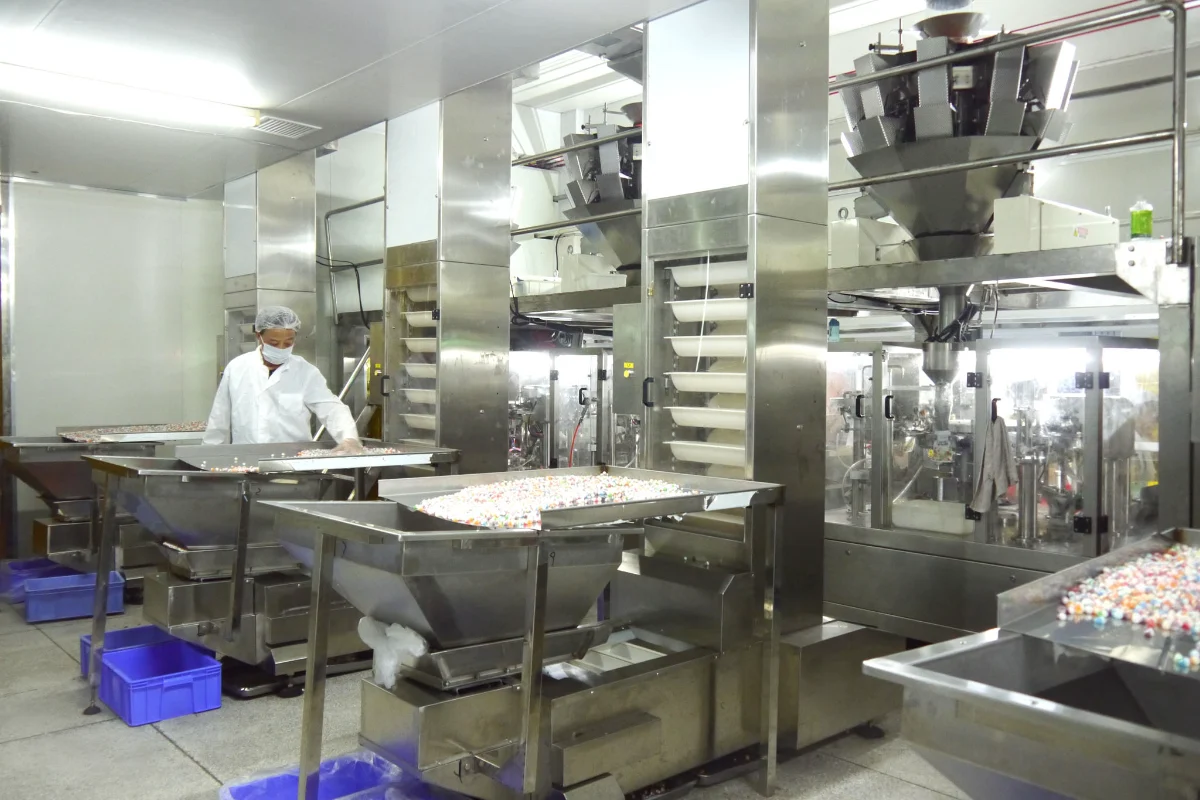
Applications and Alternatives for Dairy-Free Marshmallows
Dairy-free marshmallows are not only perfectly suitable for direct use but also convenient in cooking and catering uses. They can be used to prepare marshmallow cookies, cake decorations or toppings, or hot cocoa toppings in baking, providing a dairy-free substitute for individuals with dairy allergy.
In the beverage world, marshmallows are the classic topping for house and coffee shop hot chocolate, and dairy-free options mean that all can enjoy. For vegetarians and vegans, those made from plant-derived ingredients (using algin or pectin instead of gelatin) are a great alternative with a slightly altered texture but same wonderful taste and mouthfeel.
It is fascinating that homemade marshmallows offer total control: with vanilla extract, plant gums, water, and sugar, you have the ability to simply create an allergen-free and dairy-free dessert easily. For example, a simple recipe requires nothing but a mixing of syrup, agar agar powder, and air.
For consumers on the business end, such as hotels or cafes, purchasing custom dairy-free marshmallows in bulk offers safety while enhancing a company’s promise to inclusivity.
With over 500 molds and the option to create custom formulas, LeChao Candy can create specialty dairy-free marshmallows for customers, helping them get into the special dietary market.
Common Misconceptions and Precautions
Several common misconceptions exist regarding the relationship between marshmallows and dairy products.
There are some common myths regarding the relationship between marshmallows and dairy foods.
First, most individuals assume that all marshmallows are dairy-free, but as mentioned earlier, existing products have hidden dairy ingredients.
Second, the animal origin of gelatin is often mistakenly assumed: although gelatin itself is derived from animal bones (which is dairy-free), it should not be used by vegans and replaced by plant-based marshmallows.
Third, “natural flavor” product names are occasionally deceptive—some flavor carriers contain dairy, so it’s best to go with brands that explicitly state them.
For consumers, precautions include always reading packaging for modifications (formulas can be altered), placing highest priority on allergy products, and asking questions when dining out. For businesses, attention should be paid to clean manufacturing lines and segregation to prevent cross-contamination.
LeChao Candy maintains an ISO-certified quality system, ensuring the controlled, safe, and traceable ingredients of each batch of marshmallows, providing customers with a one-stop dairy-free solution from R&D to logistics.
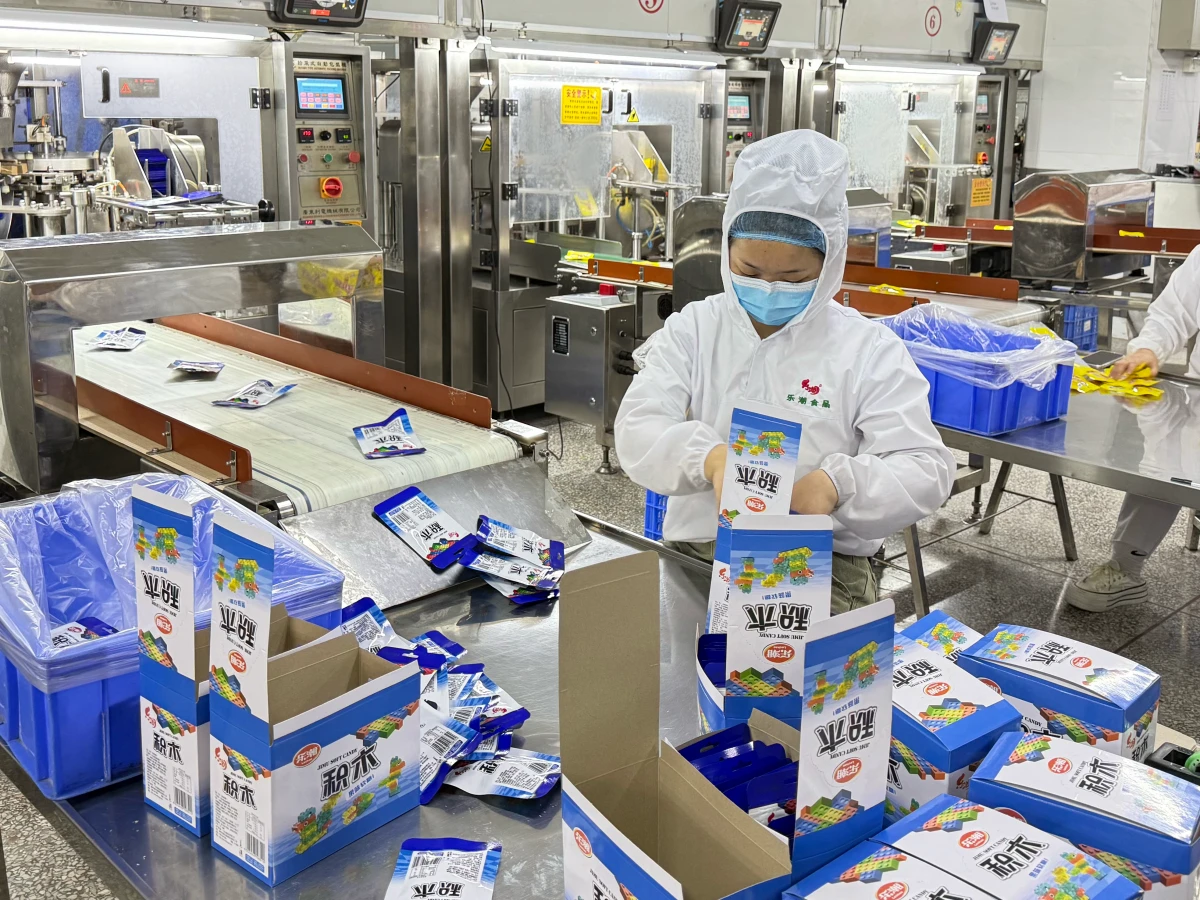
Conclusion
In conclusion, whether marshmallows are dairy-free depends on the specific product and brand. Traditional recipes are indeed dairy-free, but modern commercial products may contain added whey, milk powder, or pose a risk of cross-contamination. For those with lactose intolerance, milk allergies, or vegan diets, choosing marshmallows clearly labeled “dairy-free,” making them homemade, or sourcing from a reliable supplier is key.
As consumers increasingly demand special dietary requirements, the dairy-free marshmallow market is expanding, and with it, new prospects for businesses. By educating yourself, reading labels carefully, and backing manufacturers dedicated to allergen control, you can enjoy this fluffy, sweet delight without disruption.
About LeChao Candy
LeChao Candy is a professional candy manufacturer founded in 1991, specializing in R&D and manufacturing of gummy candies, licorice candies, jelly beans, marshmallows, and chocolate candies. Equipped with the most advanced customization capabilities in the industry and over 500 candy molds, we can quickly respond to market trends and customer needs.
We offer customized recipes, rigorous quality control, and international logistics services to guarantee that each batch of our products is of high quality. From dairy-free, vegan, or other special requirements, LeChao Candy can provide you with reliable candy solutions.
